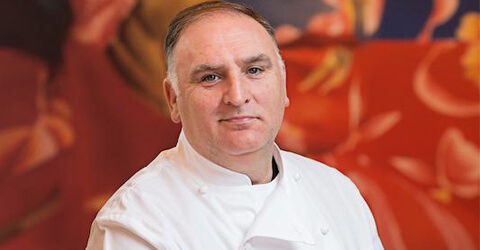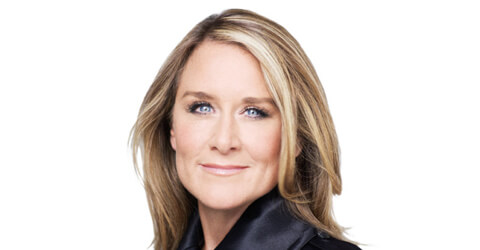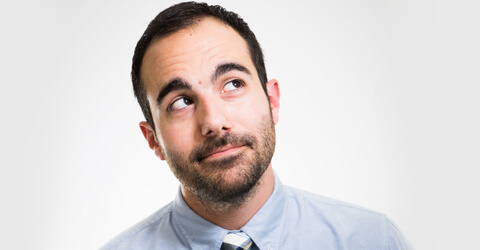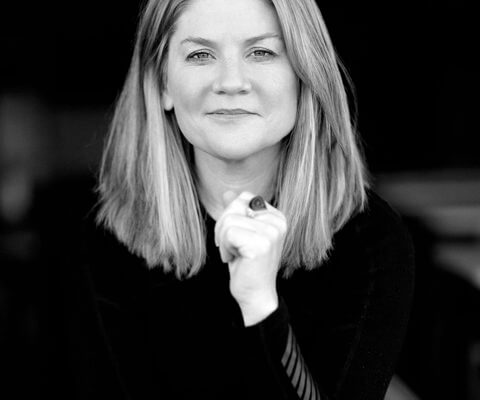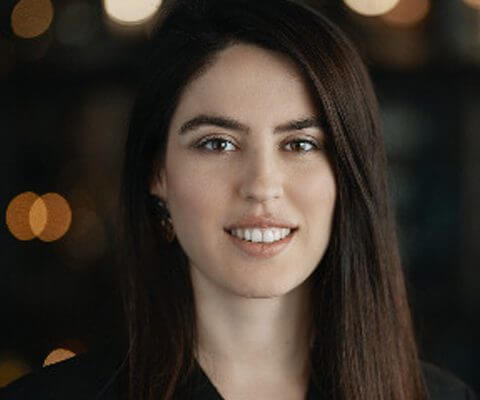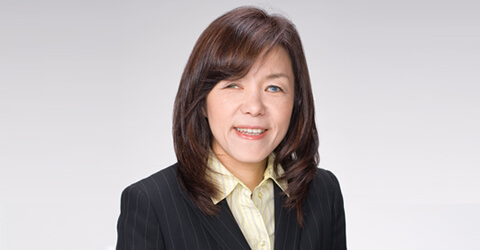- 15 Global Companies Launch Trusted Tech Alliance for Secure Digital Infrastructure
- Singapore Management University Launches Business AI Master’s Programme
- Cochin Shipyard Seeks Global Partners to Expand International Ship Repair Footprint
- OpenText Names Former IBM Americas President Ayman Antoun as CEO
- Fintech Company Network International Appoints Ashish Jain as Group CFO
Featured Profiles
José Andrés is more than a chef. He’s an entrepreneur, a T.V. personality, a teacher, and a humanitarian all at once, heading up a constant stream of projects. He is one of the most influential proponents of Spanish gastronomy in the U.S. Spain. Its culinary beauty is now familiar to the U.S. public thanks to the determination and efforts of this great fan of cuisine ‘Made in Spain.’
Andrés was born to a family who loved to serve people; both his parents were nurses by professions — and great cooks at home. “My mom could do anything with leftovers,” he reminisced. That led to his passion for cooking while not forgetting his parent’s advice to always help if you can.
In 2013, Andrés became a U.S. citizen, but his love for his country did not expire. He is very popular in Spain; he even starred in a famous Spanish cooking show named Vamos a cocinar con José Andrés that was a hit.
In Hispanic cultures, food, family, caregiving and community are tightly interconnected. In 2010, he founded the World Central Kitchen, the love child of his love for cooking and caregiving. It is a non-profit organization (NPO) that has dramatically helped serve a billion people across the globe. In 2010 the NPO responded to a massive earthquake that devastated Haiti and killed millions. The goal of the NPO from the start was to provide food relief and longer-term resilience. They have gone above and beyond and have launched feeding missions in 13 countries, serving 15 million meals and corralling more than 50,000 volunteers with a burning desire to help people. In 2017, when the deadly Hurricane Maria hit Puerto Rico, Andrés and his group delivered almost 4 million meals.
World Central Kitchen has a vast network of volunteer chefs that also provide education and empowerment — for instance; they helped Haitian families replace toxic fuels used for cooking with healthier and cleaner natural gas and solar power. “Pragmatic hard work, boots on the ground — these are the things that make good ideas succeed,” Andrés said in an interview. “We believe a plate of food can be the beginning of a better tomorrow.”
This work has brought Andrés multiple honours that include a James Beard award for Humanitarian of the Year and National Humanities Medal. In addition, he is also a renowned restaurateur who employs around 1,600 people in his 28 owned restaurants and two food trucks in nine cities (including two two-star Michelin Guide honorees, Minibar and Somni).
World Central Kitchen has figured out a rather vital feat to help feed people, rather than relying on packaged food that needs to be airlifted in from the outside—’meals ready to eat (MREs) in relief parlance—Andrés and his team tap into existing supply chains and local chefs to prepare hot, nutritious meals.
In response to the COVID-19 pandemic, the organization provides more than 300,000 meals per day to people in need throughout the country U.S. “Some of the first places where we began were homes for the elderly, from Washington, D.C., to New Orleans to Chicago,” Andrés said. He pointed out that older people living independently may not have family members nearby, so their hardships may not be only financial ones.
“We’re partnering with AARP, which provides solutions for programs like SNAP [the Supplemental Nutrition Assistance Program] and the other forms of food aid used by seniors,” Andrés said. “These programs are digital so that the elderly can order online and receive their meals at home.” (AARP is currently helping World Central Kitchen provide meals for older people in Washington, D.C.; the Bronx, New York; and Oakland, California.)
World Central Kitchen has also responded to COVID 19 by directing its focus on developing a rescue plan for the badly hit restaurant industry. In collaboration with a group of lawmakers, Andrés helped craft a bill designed to simultaneously feed people and save restaurants. The FEMA Empowering Essential Deliveries (FEED) Act would legally authorize the federal government to pay 100 per cent of the cost for state and local governments to collaborate with restaurants to serve food to those in need, as well as support farmers and businesses fighting to survive the pandemic.
As the organization’s profile has expanded, its revenues have ballooned from around $650,000 in 2016 to $28.5 million in 2019, as per their audit reports available on their site. They now have the wherewithal to hire local help and send out their operations experts to kick-start the food economy revolution.
Almost two-thirds of World Central Kitchen’s 2019 revenues, or $19.1 million, came from individual donations, ranging from large gifts from philanthropists (including TIME’s owners and co-chairs, Marc and Lynne Benioff) to teenagers and kids giving $10 out of their monthly allowance.
Bill Clinton, Former President whose Clinton Global Initiative has supported World Central Kitchen, said Andrés’ empathic action is more crucial than ever in these divided times. “If you spend more time on your fears than your hopes, on your resentments than your compassions, and you divide people up, in an interdependent world, bad things are going to happen,” Clinton, who first spent significant time with Andrés in Haiti after the earthquake said in an interview with TIME. “If that’s all you do, you’re not helping the people who have been victimized or left behind or overlooked. He’s a walking model of what the 21st-century citizen should be.”
Julia Straus was the Chief Executive Officer at Tula and was credited with bringing the brand into the spotlight. She previously was the Vice President, Business Development and Partnerships at BaubleBar....
Kwiri Yang is the Founder and CEO of LifeGyde, an education technology company that equips the next generation with interpersonal skills to thrive and lead in an exponentially changing world. She has...
Madelle Kangha is the Founder and President of JumpStart Academy Africa, a social venture seeking to transform African students by fixing their broken education system. In recognition of her work with...
Angela Ahrendts is the former Senior Vice President of the retail tech giant Apple and the former CEO of Burberry’s iconic fashion brand. In Forbes’ 2015 list of the most powerful women...
Kevin Allocca is a world-renowned Author and Technology Professional and is currently the Head of Culture & Trends at YouTube. He tracks widespread video phenomena and manages to trend content...
Lindsay is the Founder and CEO of Queer Kid Studios, a multimedia production company based in Portland, Maine, with queer-focused, intersectional all-ages media. She is an LGBTQ+ activist and digital...
Kelly Wanser is an innovator committed to pursuing near-term options for ensuring a safe climate. She is the Founder and Executive Director of SilverLining, a NonProfit Organization driving policy and...
Basima Abdulrahman is a renowned climate trailblazer and passionately works on green building projects in Iraq’s Kurdistan Region. She is a World Economic Forum Foundation Board Member, Cultural...
Dr Chieko Asakawa is a blind Japanese Computer Scientist and an IBM Fellow who has been instrumental in furthering accessibility research and development for the past three decades. Challenging thinking...





